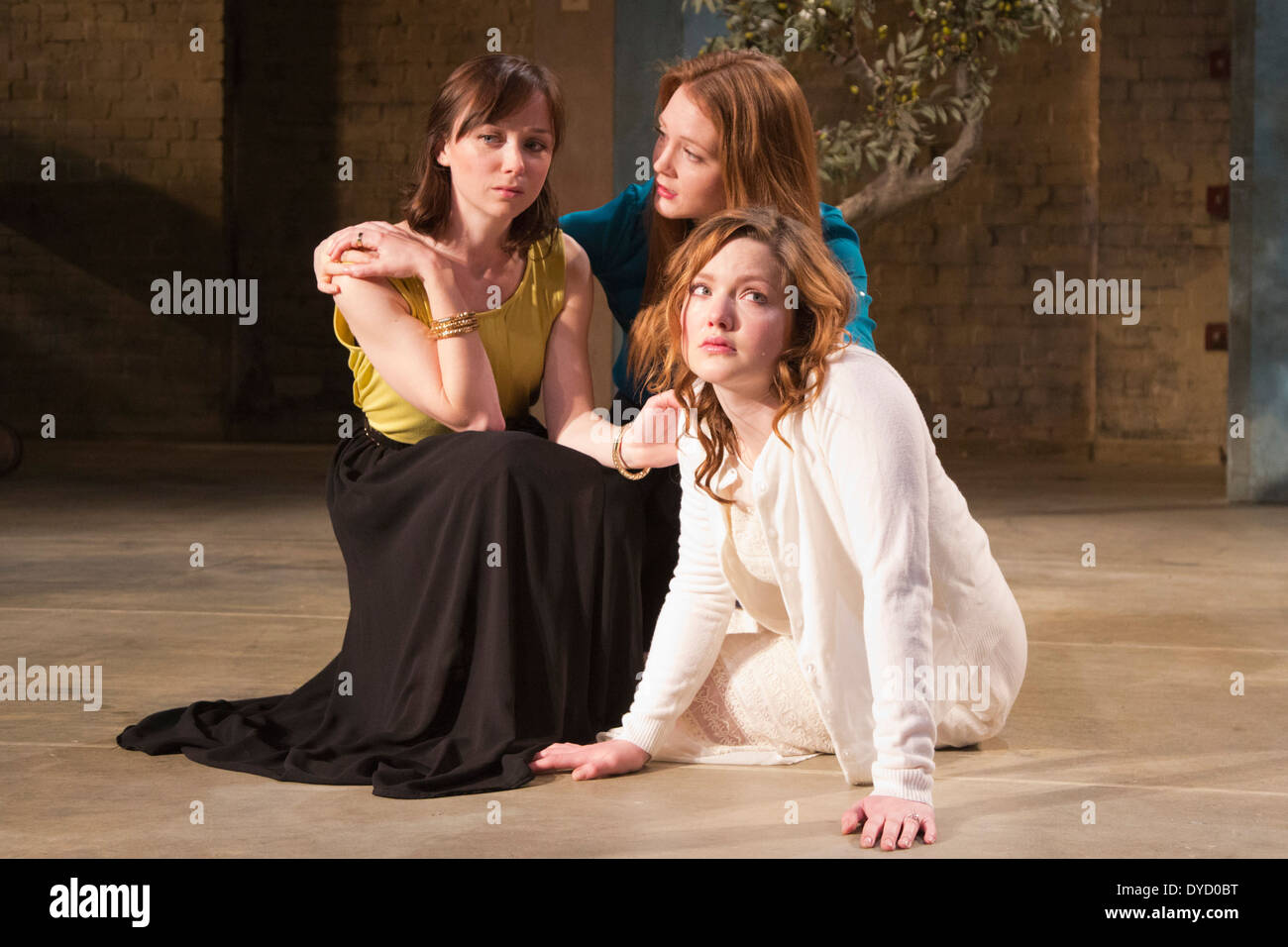

Act 2: About twenty-one months later, Andrei and Natasha have married and had their first child, a boy named Bobik. Near the end, Andrei confesses his love to Natasha in private and asks her to marry him. This encourages an idea of noble idealism. For this reason, everyone comes to celebrate with her, including the soldiers and their valiant leader, Vershinin. It is the first anniversary of the Prozorov siblings’ father’s death, and is also Irina’s name day. His main love interest is Natalia Ivanovna, or Natasha, who is slightly more common than the Prozorov family. Andrei is the only brother, and the girls admire him greatly. The sisters grew up in Moscow, and longing for their past life, they all wish to return. She talks about her dream to go to Moscow and meet her true love. Irina, the youngest sister, is still full of youthful optimism.

Masha used to be fascinated by him and thought him wise and mature, but after seven years, she begins to see him as a boring person. Masha, the middle sister and the family artist, is married to Feodor Ilyich Kulygin, a schoolteacher. By the end of the play, she has been promoted to headmistress, but does not have much interest in the job. Act 1: Olga, the eldest sister, works as a schoolteacher.

Three Sisters (1900), a play by the Russian author and playwright, Anton Chekhov, was first performed at the Moscow Art Theatre in 1901, and is sometimes included in the short list of Chekhov’s outstanding plays.


 0 kommentar(er)
0 kommentar(er)
